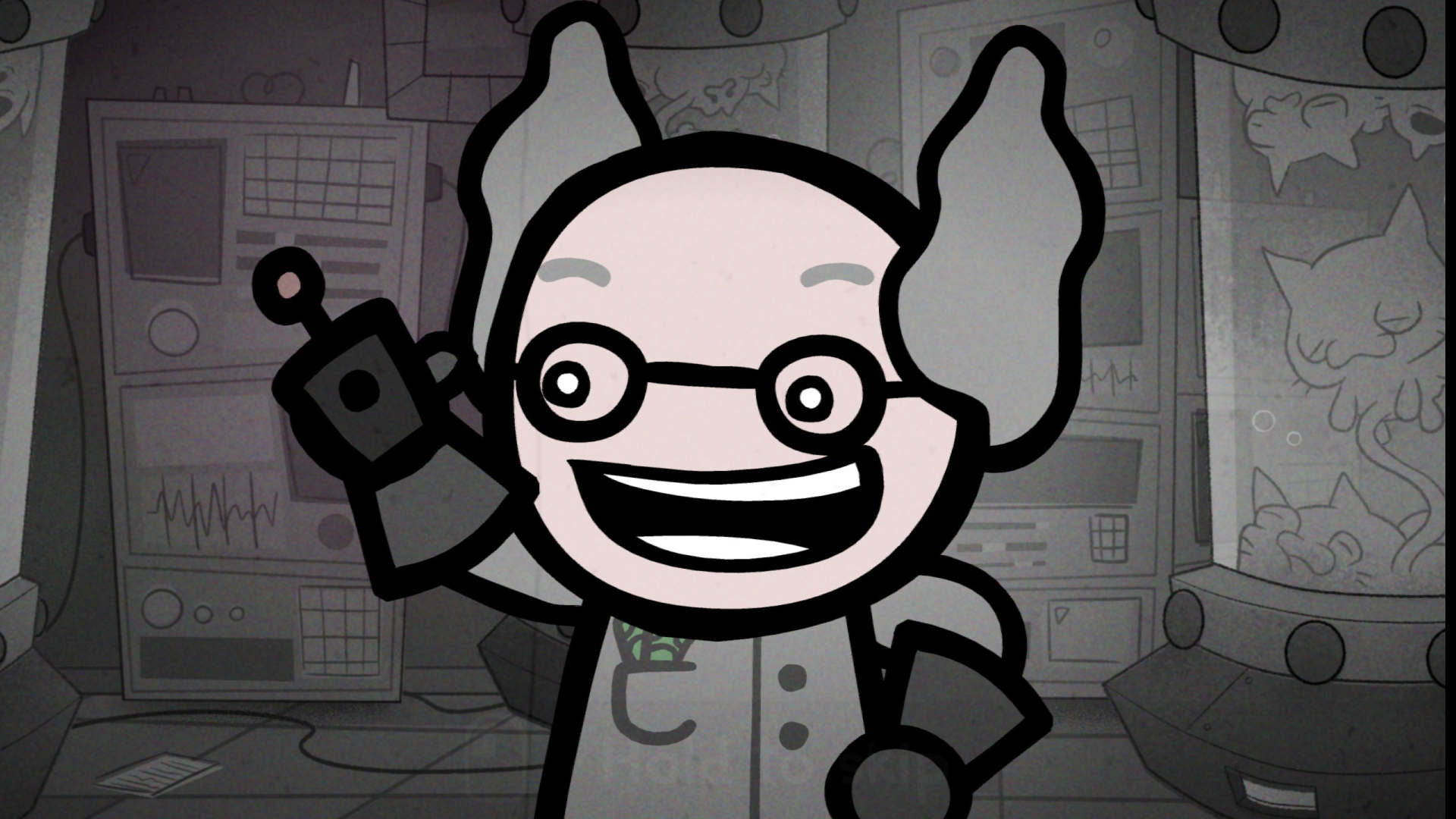The best shows on TV, if they were written by video game writers instead
Are you SURE that video game writing is improving?
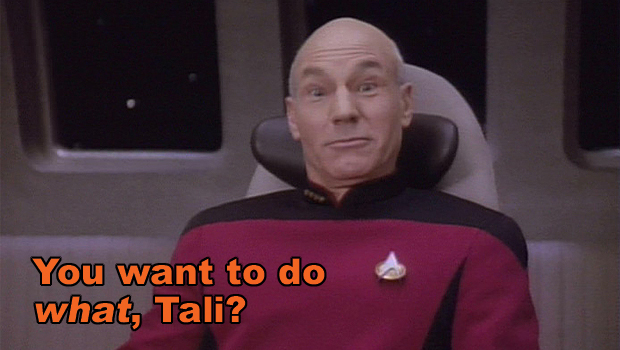
"Games are becoming the next important narrative medium", we're frequently told. "Interactive storytelling is becoming a new artform".
"We're taking storytelling and characterisation to the next level", says developer after developer. But are they, really? You see as much as I bang on about the potential of video games as a progressive artistic medium, I'm never quite sure whether the actual writing measures up yet. Is good game writing really good, or is it still just good for a game?
So I thought I'd answer that question by being silly and working out what some of the best TV shows would be like if games writers were writing them. It seemed to be the best way, really.
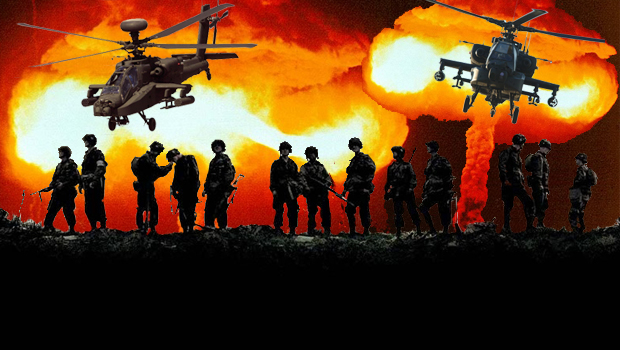
Band of Brothers, by Infinity Ward
We follow the exploits and tribulations - both combat-based and personal - of a company of the 101st Airborne Division, as they progress across Europe during World War II. An exhilarating and terrifying show when it needs to be, but also a very plausible, human, brutally realistic depiction of war.
But then OMGHILTERHASANUKE! And he's done deals with Nazi sympathising splinter groups all over the world to help him kidnap Einstein and Oppenheimer in order to force them to build even bigger nukes with which to decimate the whole world apart from Germany. But there's also a splinter group of Nazis camped out in a secret underground base just outside Delhi who are working with splinter groups of the first splinter groups to place sleeper agents within those first splinter groups in order to subvert the plan and steal the Reich away from under Hilter's nose and take over the world for themselves.
After the first episode, we're in a different country every week, watching the 101st kill a metric shitload of differently coloured dudes because they're probably involved in some way. A main member of the cast dies every ten minutes until almost no-one is left, and the story is tied up in its final act by a faceless member of the supporting cast from episode one who no-one recognises. The Apache helicopter is invented and put into active military service 40 years early so that it can be dramatically crashed at a ratio of three per episode.
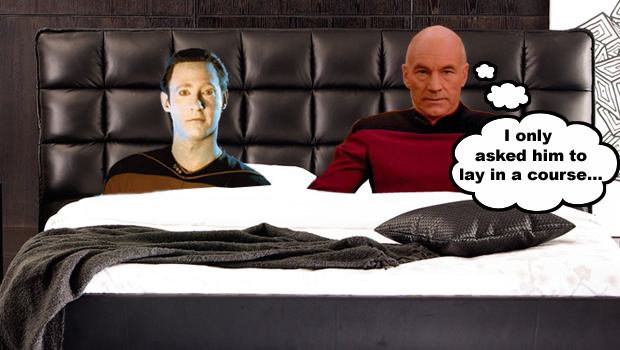
Star Trek: The Next Generation, by BioWare
Picard spends half of the entire series agonising over no-win decisions which make the Kobashi Maru look like "Cake or death". In one particularly light-hearted comedy episode in the run-up to the season two finale, he has to choose between letting a rainforest planet die and punching a kitten in the face until its head caves in.
He spends the other 50% of his time having sex with the entire crew, several times over and usually completely by accident. This direction was taken after negative critical and audience response to the very different, very boring first season, which consisted mostly of Picard reading facts about various planets while waiting for something to happen.
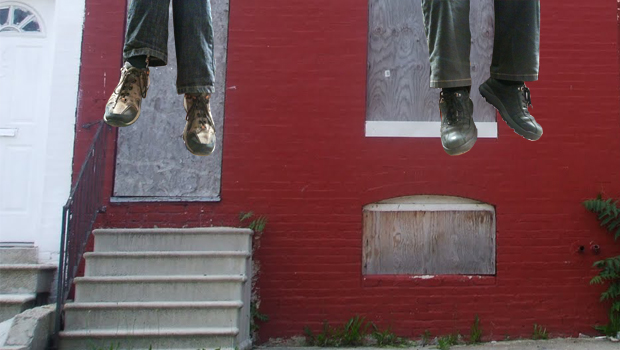
The Wire, by David Cage
A non-more-gritty, non-more-bleak, brutally realistic take on crime and law enforcement in Baltimore, portraying those on both sides of the law with equal depth and care. Plot-lines are long, literary, deeply layered, finely-sketched and nuanced, until one of the protagonists turns out be be a secret murderer, despite having been shown via the use of multiple viewpoints to have definitely not committed the murder in question.
Fortunately, the impossibility of solving an impossible crime is neatly got around when a cop just makes a borderline psychic guess with barely any evidence and gets it right. Everyone commits suicide at the end, just to make sure all the loose ends are tied up.
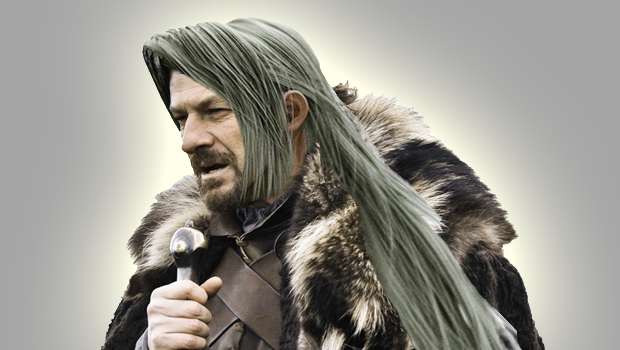
Game of Thrones, by Square-Enix (or any JRPG dev)
A gritty, warts-and-all epic fantasy series charting the violent political machinations of the various noble factions in competition for The Iron Throne. Halfway through it transpires that the throne is actually a tool built by an ancient magical race, which gives the owner the ability to harness the power of the gods. It also transpires that one of the families is actually an evil empire masquerading as a really big, really militarised family.
90% of the cast are under 17 years old, and every episode starts with the protagonist waking up from a dream which turns out to be oddly prophetic of the day's events. Airships appear roughly halfway through the show's run, coincidentally as important plot-points start occurring further afield.
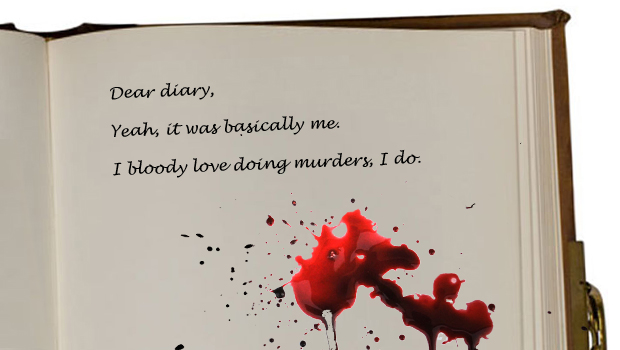
Columbo, by any action game developer
Each week a murderer murders someone in a fiendishly clever, convoluted and borderline unsolveable way. Along comes Columbo, the most deceptively intelligent detective in history. He solves the mystery by looking around for a bit until he finds the open diaries of all of the suspects. They explicitly tell him everything he needs to know about everything that has been going on, in conspicuously frank and open terms. Some murderers even record their crimes on audio tape to make things extra easy for him.
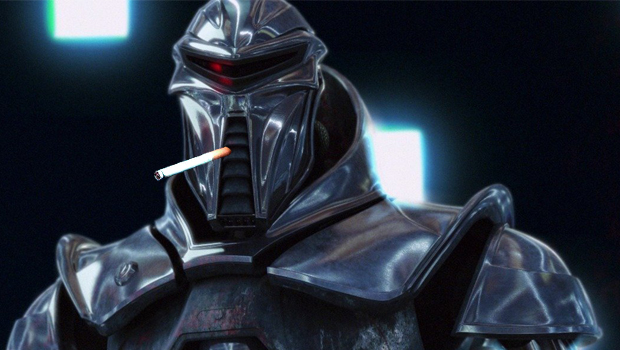
Battlestar Galactica, by Hideo Kojima
A dense science fiction action series steeped in heavy, complex mythology. Is deeply pre-occupied with the nature of humanity, its self-destructive urges, the ongoing cycle of violence begetting violence, technology's part in mankind's eventual evolution or destruction, and the possibility that people are destined by their own failings and by the history that they are born into to repeat the same mistakes over and over again.
Features a sexually flustered, floppy-haired scientist and several violent, heavily sexualised women. Has a really, really long, over-extended didactic ending which spends a bit too much time hammering its points home in a slightly laboured fashion, but is accepted regardless because of the fans' immense love for the series and its characters.
Oh wait, that is literally just Battlestar Galactica, isn't it? Sorry Koj. Your services are not needed here. As you were.
Weekly digests, tales from the communities you love, and more
You are now subscribed
Your newsletter sign-up was successful
Want to add more newsletters?

Every Friday
GamesRadar+
Your weekly update on everything you could ever want to know about the games you already love, games we know you're going to love in the near future, and tales from the communities that surround them.

Every Thursday
GTA 6 O'clock
Our special GTA 6 newsletter, with breaking news, insider info, and rumor analysis from the award-winning GTA 6 O'clock experts.

Every Friday
Knowledge
From the creators of Edge: A weekly videogame industry newsletter with analysis from expert writers, guidance from professionals, and insight into what's on the horizon.

Every Thursday
The Setup
Hardware nerds unite, sign up to our free tech newsletter for a weekly digest of the hottest new tech, the latest gadgets on the test bench, and much more.

Every Wednesday
Switch 2 Spotlight
Sign up to our new Switch 2 newsletter, where we bring you the latest talking points on Nintendo's new console each week, bring you up to date on the news, and recommend what games to play.

Every Saturday
The Watchlist
Subscribe for a weekly digest of the movie and TV news that matters, direct to your inbox. From first-look trailers, interviews, reviews and explainers, we've got you covered.

Once a month
SFX
Get sneak previews, exclusive competitions and details of special events each month!

